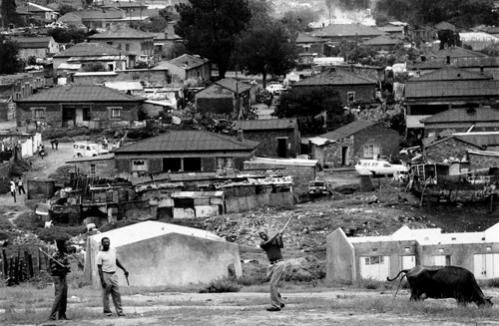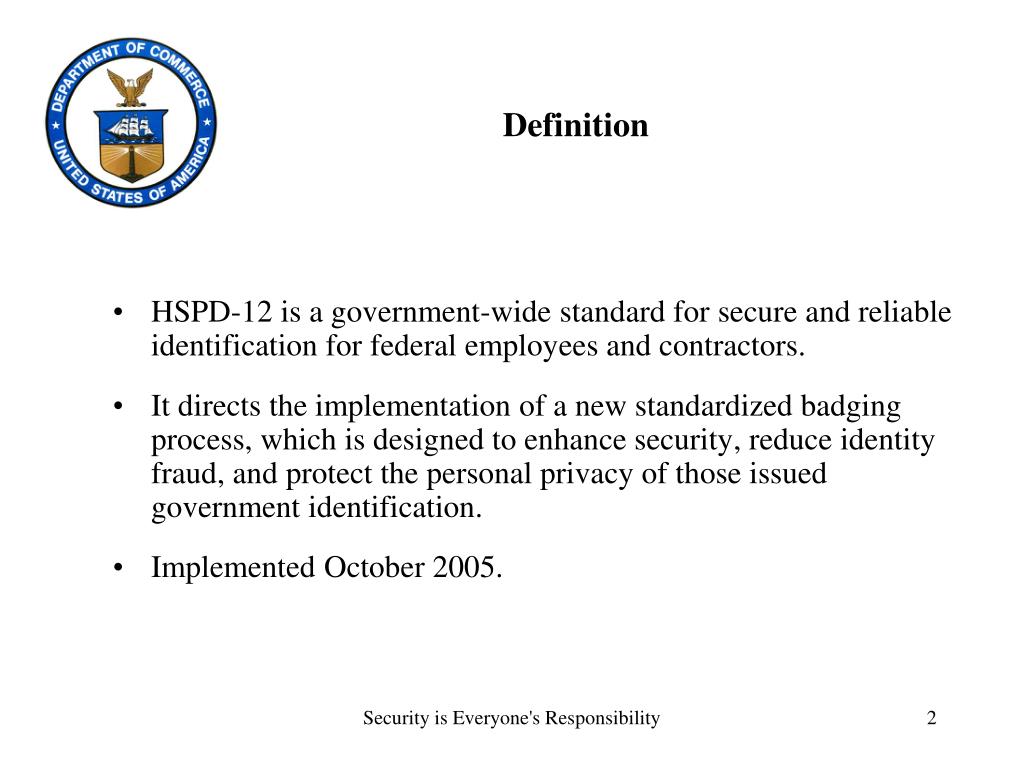

Briefly restored to Dutch rule in 1803, the colony was again brought under British control in 1806. Slaves were imported from Asia and elsewhere in Africa throughout the eighteenth century. The Khoisan, who became indentured servants, were landless by the time of the British occupation. The company's conflict with the indigenous Khoisan was exacerbated by its granting of farmland to company members who had completed their term of service. The Dutch East India Company occupied the Cape Colony uninterruptedly from 1652 until the British takeover in 1795.

Widely perceived internationally as one of the most abhorrent human rights issues from the 1970s to the 1990s, apartheid conjured up images of white privilege and black marginalization implemented by a police state that strictly enforced black subordination. Its emergence in 1948 was antithetical to the decolonization process begun in sub-Saharan Africa after World War II. Apartheid represented the codification of the racial segregation that had been practiced in South Africa from the time of the Cape Colony's founding by the Dutch East India Company in 1652. Apartheid, an Afrikaans word meaning "apartness," describes an ideology of racial segregation that served as the basis for white domination of the South African state from 1948 to 1994.


 0 kommentar(er)
0 kommentar(er)
